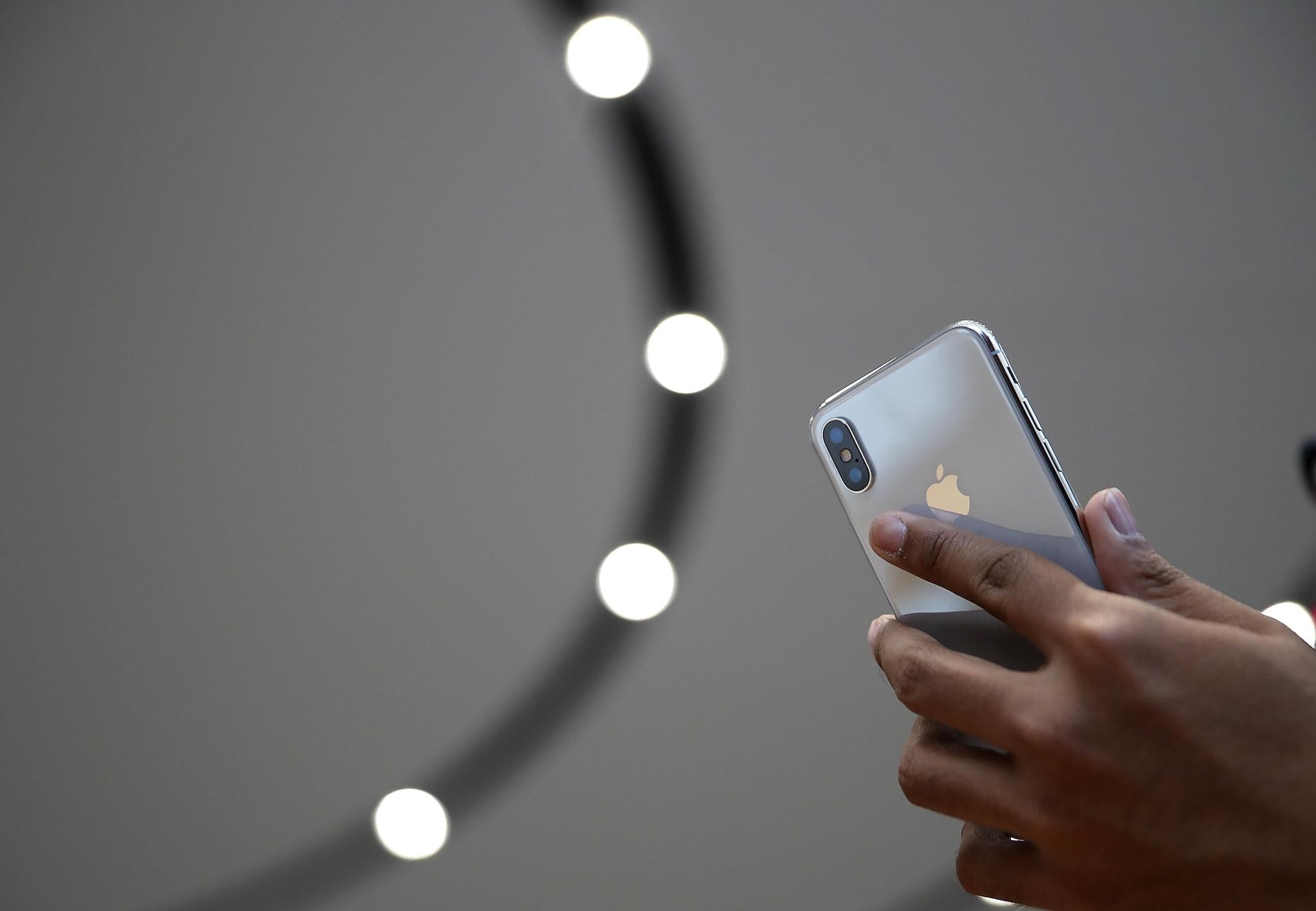Apple, Google and other phone companies ranked for connections to wars and human rights abuses
Many of the materials needed to make new electronics has unknown connections to the rest of the world

The phones in your pocket and the laptops on your desk might include materials linked to a range of horrific abuses, according to two major new reports.
Materials like gold and cobalt power the batteries and other components required to keep the world running. But they might also be endangering the world, by funding groups that undermine safety and protections in companies like the Democratic Republic of Congo.
The two reports show that products from a range of companies are made with materials that could be directly funding conflict in some of the most vulnerable places in the world. Many of the world's biggest technology and jewellery companies have been repeatedly criticised for buying the precious metals, like gold, needed to make their products from supply chains where the money funds continuing wars and human rights abuses.
The two reports – from the Enough Project and Amnesty – praise the work done by some companies and note that progress is happening, focusing particularly on Apple and Google's work to try and keep its supply chain free from conflict minerals and connections to human rights abuses. The Enough Project called Apple the "clear leader" and said that it had "committed substantial resources to developing processes for sourcing minerals from mines that benefit Congolese communities".
Apple said that it had been working to rid its supply chain of those minerals and suggested companies are obligated to avoid inadvertently funding the contravention of human rights. The company has developed ways of assessing the risk that materials in its supply chain are endangering environmental or labour protections, for instance.
"We believe industry has a great responsibility to protect human rights and preserve our planet's fragile environment, and we’re proud to be recognized for leading these important efforts in the Conflict Minerals supply chain," said Paula Pyers, Apple's head of supplier responsibility. "We work with teams of experts around the world to raise standards and improve conditions in the areas where conflict minerals are mined."
But it said that all companies have far more to do, and criticised a range of other, popular companies for failing to properly work on their supply chain. It said that more pressure needed to be put on those companies in the hope they would move away from indirectly supporting conflict in the DRC – and noted that the work done by companies like Apple shows the benefit of that kind of pressure.
The Enough Project report rates Samsung and Toshiba very low, for instance. Panasonic, IBM and Sony all have slightly higher rankings, but are still substantially below many of their rivals.
A similar report from Amnesty International, which focused on the production of cobalt for batteries, also found that many well-known tech companies aren't doing enough to ensure their supply chains are keeping the people involved in them safe.
"The best performer [among consumer technology companies] was Apple (three bars), whereas the poorest performers were Huawei, Lenovo, Microsoft and ZTE (all with zero bars)," it concluded. "Amnesty International found that Dell Technologies (Dell) (two bars) and HP (two bars) are showing signs of potential based on emerging practices within their operations."
Join our commenting forum
Join thought-provoking conversations, follow other Independent readers and see their replies
Comments
Bookmark popover
Removed from bookmarks